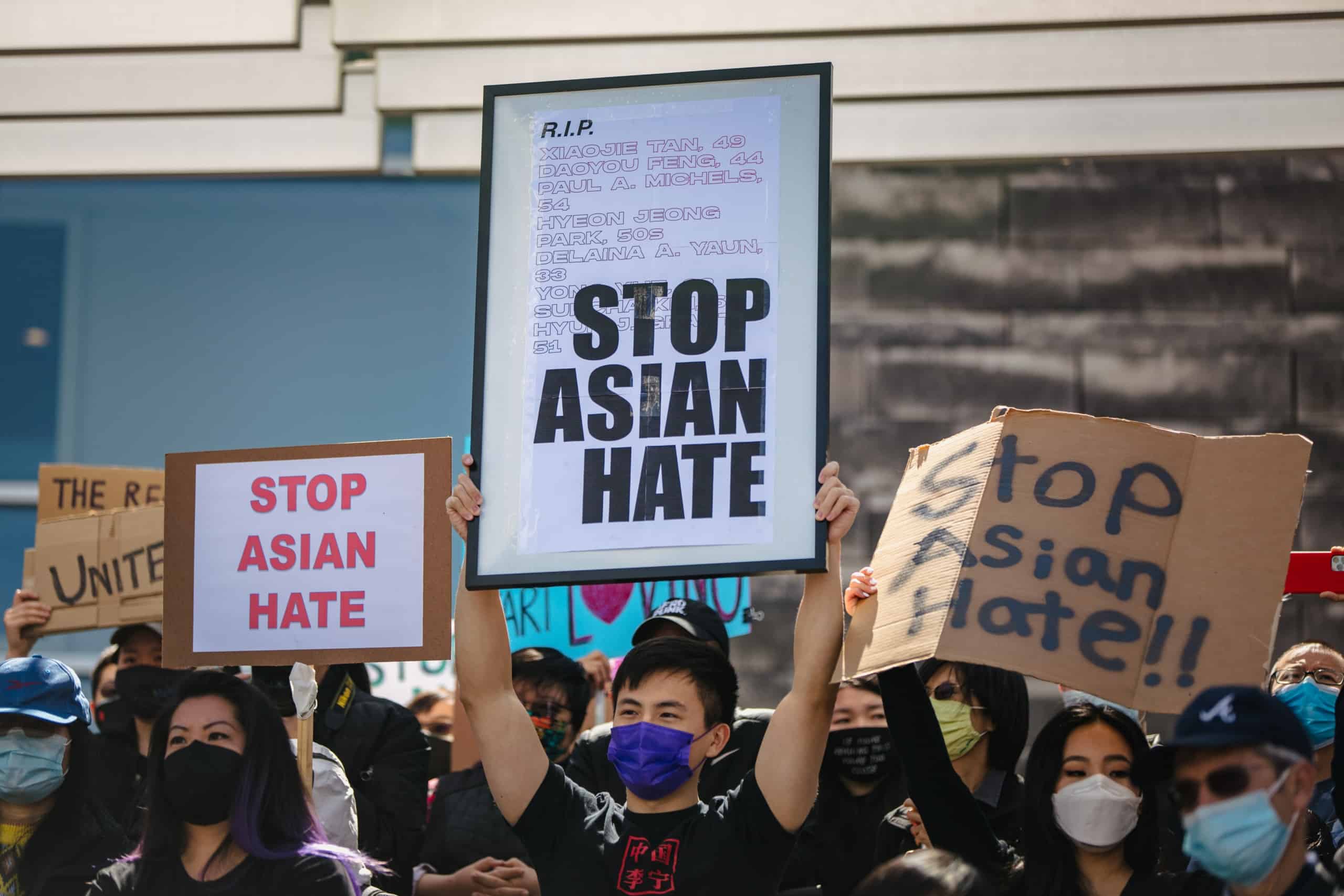Content warning: This article contains descriptions of violence against Asian people.
In the recent Batman movie, one scene depicted Batman heroically saving an Asian man from a violent hate crime that could have resulted in his death. While the scene was courageous and typical of the masked vigilante, there was one central issue — it failed to account for the lived experiences of the Asian community and the harsh reality of the hate crimes that they endure.
The truth is that there was no Batman to save Michelle Go when she was violently pushed to her death in the New York subway. There was no Batman to save Christina Yuna Lee when she was brutally stabbed to death, and Batman was not there to save countless other Asian Canadians and Asian Americans that have suffered from hate crimes.
This scene has amassed backlash for its triggering depiction of violence against the Asian community — especially since it was released so close to the death of Michelle Go and amid the increase in anti-Asian hate crimes since the beginning of the pandemic.
Some have argued that, instead of making a mere movie scene of a hero saving the man, the creators should have portrayed this issue constructively and in a way that brought awareness to the violent hate crimes against Asians. Moreover, this scene seems to demonstrate the overall disregard for anti-Asian hate crimes that seems to exist amongst policymakers, the media, and politicians.
Asian hate has existed for decades, ever since the first Asian immigrants arrived in Canada, and it has only worsened as a result of the pandemic. In a study funded by the Government of Canada, between March 10, 2020 and February 28, 2021, there were 1,150 cases of anti-Asian racism reported on different web platforms.
And despite this shocking report shedding light on the reality of anti-Asian hate crimes in Canada, Asian hate has only continued. On January 23, 2022, a 39-year-old Asian woman in Toronto was assaulted while waiting for the bus.
The existence of the pandemic paired with the minimal acknowledgement of the hate received by the Asian community has created an environment that seems to ignore the violent attacks on the Asian community. The Atlanta shooting, the murder of Michelle Go, and the attack on the 39-year-old Asian woman serve as constant reminders of the disregard that policymakers, politicians, and police officers have shown toward these racial attacks. Promises of change become one-time comments until the next racist act occurs and the perpetrator merely gets a slap on the wrist, or officials claim that they were “just having a bad day.”
A collaborative study led by the University of Victoria and the University of Alberta suggested that reporting racial incidents and harassment is crucial toward raising awareness of racism against Asians. Furthermore, governments should be developing clear action plans and policies designed to address all forms of racism and provide resources to individual communities, such as the Asian community.
We need long-lasting solutions that specifically address hate toward the Asian community. While creating policies against anti-Asian racism, we need to listen to the Asian community to better understand what its members need.
Also, considering the rise of attacks on the subway, the TTC should redevelop subway infrastructure, looking through police reports to see what went wrong in the New York subway that led to these attacks.
This is integral toward the development of the subway. If we develop barriers to the open tracks, or a door system for where subway car doors are located, we can ensure that people will not be shoved onto the tracks. This is an integral form of action that needs to be taken to stop incidents such as the death of Michelle Go from occurring on subways.
As we approach the end of the pandemic, we need to recognize the brutal acts of racism and hatred that the Asian community continues to endure. These brutal acts are not only vicious crimes, but they are deeply entrenched in racist stereotypes and biases that have affected the Asian community profoundly.
Jasmin Akbari is a second-year industrial relations and human resources, digital humanities, and writing & rhetoric student at Woodsworth College.


